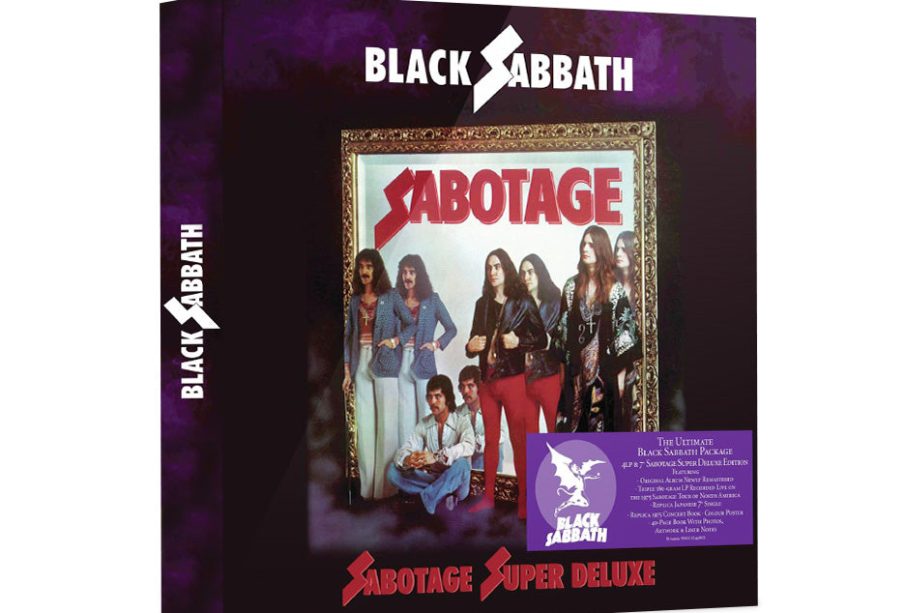The Enduring Legacy of Black Sabbath

Introduction
Black Sabbath, often hailed as the pioneers of heavy metal, has carved out an undeniable legacy in the annals of music history. Formed in Birmingham, England, in 1968, the band not only changed the landscape of rock music but set the stage for numerous genres and subgenres that emerged in the decades that followed. Their unique sound, marked by heavy guitar riffs and dark, provocative lyrics, continues to resonate with fans and musicians alike, making their influence as relevant today as it was over fifty years ago.
Formation and Early Years
The founding members—Ozzy Osbourne, Tony Iommi, Geezer Butler, and Bill Ward—came together with a shared vision of creating music that defied the norms of their time. Their self-titled debut album, released in 1970, showcased haunting themes that drew from horror and the occult, laying the groundwork for what would become a defining characteristic of heavy metal. The band’s follow-up albums, Paranoid and Master of Reality, solidified their status, with tracks like “Iron Man” and “War Pigs” becoming anthems for disaffected youth across the globe.
Impact and Influence
Black Sabbath’s music not only influenced the sound of subsequent rock and metal bands but also opened doors for countless artists to explore darker themes in their songwriting. Bands such as Metallica, Slayer, and even contemporary acts like Ghost cite Black Sabbath as a significant influence in shaping their music. With over 70 million records sold worldwide, their impact on pop culture is unmistakable, encompassing everything from fashion to film. Their use of theatrical elements in live performances inspired a generation of artists to elevate the concert experience, making it a cornerstone of modern rock culture.
The Irreversible Decline and Reunion
As decades progressed, Black Sabbath faced numerous challenges, including lineup changes and internal strife, particularly with Ozzy Osbourne’s departure and subsequent return. However, in 2012, the original lineup reunited for the album 13, showcasing that even after years apart, the chemistry that originally defined their sound remained intact. The band embarked on their final tour, aptly named “The End Tour,” which concluded in 2017, but their legacy remains undiminished.
Conclusion
In the world of music, few bands have managed to leave an imprint as deep as Black Sabbath. As new generations discover their work, the band’s songs continue to inspire and influence, proving that their once-controversial themes have become timeless. The relevance of Black Sabbath today underscores the idea that music can transcend time, resonating with listeners across decades. Fans and newcomers alike can appreciate their artistry, ensuring that Black Sabbath will be remembered as not just a band but as a crucial part of the evolution of modern music.









